The Los Angeles Times newspaper assessed that the producer was running out of ideas, Mufasa: The Lion King was produced only for the purpose of helping Disney make more profits.
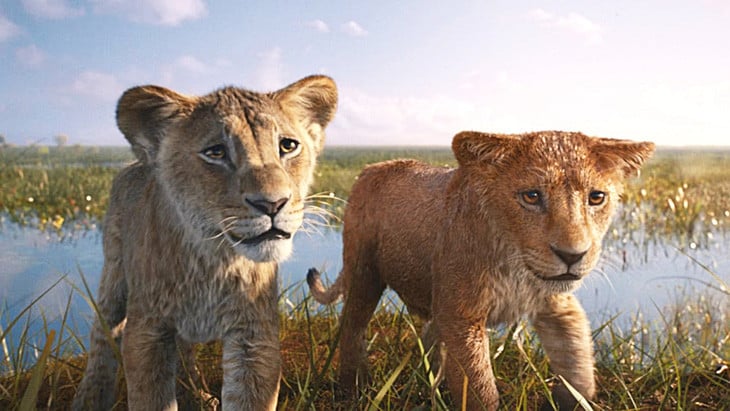
There were many people who were skeptical about Disney's ability to adapt The lion king (1994) into a live-action version, because the characters in the film are all animals.
But in 2019, the studio surprised everyone when it released The lion king With superior techniques, recreating lifelike animals.
After 5 years, Mufasa: The lion king (Mufasa: The Lion King) is a prequel that tells the story of Mufasa's journey from an orphaned lion to becoming the mighty king of the Pride Lands, as well as his feud with his brother Scar.
Another Look at the Villain
Continued The Lion King (2019), Simba and Nala now have a daughter Kiara and are expecting their second child. So Simba asks Timon and Pumbaa to take care of Kiara.
Rafiki - the wise monkey - appears, bringing the audience back to the wild savannah scene, telling the life story of Mufasa - the first lion king, the great father of Simba.
As a cub, Mufasa was separated from his family. The Lion King family Obasi and Eshe adopted Mufasa, who had an adopted brother named Taka.
Mufasa was taught hunting skills by Eshe. Taka became increasingly cowardly due to Obasi's harmful education. The incident occurred when the pride was attacked by a group of bloodthirsty lions.
The film depicts Mufasa's journey from an outsider and ostracized person to the ruler of the Pride Lands. In addition, the audience also understands Taka - no one is born a villain, but it is circumstances and life that push them onto the path of becoming evil.
The wrong education from his father distorted Taka's thinking, turning him into someone who was willing to betray his best brother.
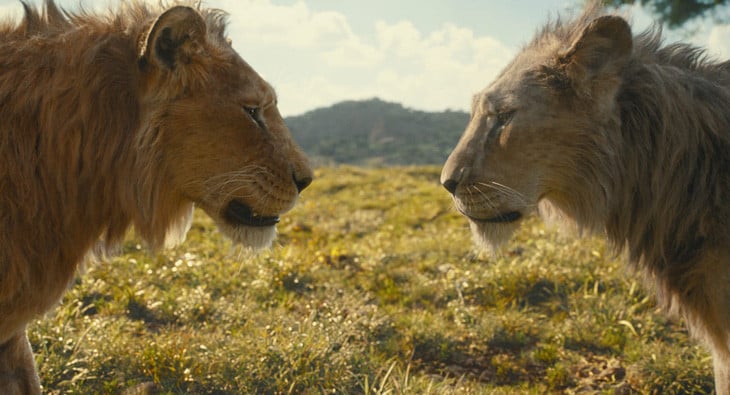
If you look at it from another angle, Taka also has moments of bravery. He is described in this prequel not as hateful as in the sequel about Simba.
However, the film does not whitewash the character Scar into a misunderstood good guy. Director Barry Jenkins skillfully builds the psychological transformation of the characters through small details and subtle changes.
As a result, the audience not only understands why Mufasa became king and Taka turned evil, but also feels the story without "collapsing the childhood image".
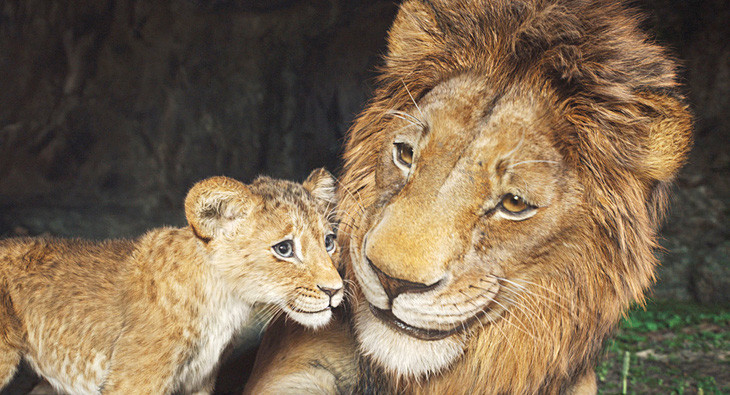
Outdated content
Directed by three-time Academy Award winner Barry Jenkins Oscar with Moonlight and received many compliments for If beale street could talk , Mufasa: The Lion King marked a major step forward in animation technology.
Due to the impact of COVID-19, director Jenkins and designer Mark Friedberg were unable to directly survey the location, but had to utilize digital virtual reality technology to search for locations and plan filming.
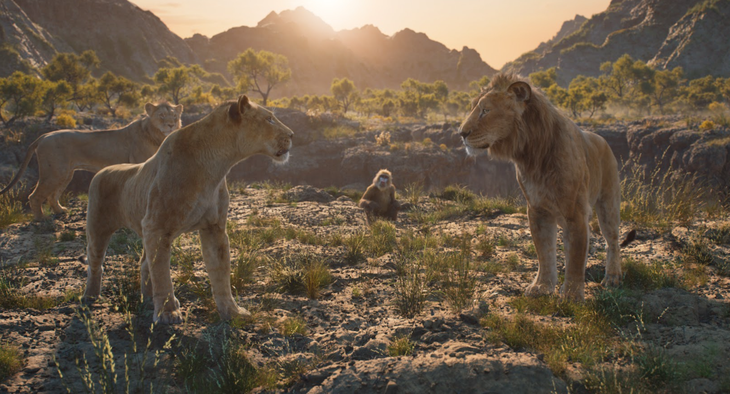
Compared to the previous film, which mainly took place in the Pride Lands and jungles, Mufasa: The Lion King has a more grandiose setting.
The majestic African landscape appears beautifully through the grand landscapes stretching from distant mountains to vast grasslands, changing vividly through the four seasons of spring - summer - autumn - winter.
Mufasa overcomes the weakness of the 2019 version, when the animals were criticized for lacking expression and looking like stuffed animals. The film vividly recreates everything from the fur to every movement of the muscles and tendons underneath.
Each animal's emotions such as joy, fear or happiness are recreated very realistically, touching the viewer's heart.
When looking into Mufasa's clear amber eyes, it seems like the viewer can see the soul of each animal.

However, Mufasa: The Lion King received a 55% Rotten Tomatoes score from 172 reviews on Rotten Tomatoes.
Most people appreciated the visuals and music but criticized the content. Writer Nicholas Barber of BBC rated 2/5 stars, saying the film was "meaningless" and just "a forced commercial product".
Los Angeles Times believes that the crew is running out of ideas and that the film is only being produced to help Disney make more profit.
Still BBC commented: "The worst part is Jeff Nathanson's boring script." The Irish Times Comment: "The film lacks deep characters, emotions are bland, instead it is a display of visual techniques".
Source



![[Photo] National Assembly Chairman Tran Thanh Man attends the Policy Forum on Science, Technology, Innovation and Digital Transformation](https://vstatic.vietnam.vn/vietnam/resource/IMAGE/2025/4/13/c0aec4d2b3ee45adb4c2a769796be1fd)
![[Photo] National Assembly Chairman Tran Thanh Man attends the ceremony to celebrate the 1015th anniversary of King Ly Thai To's coronation](https://vstatic.vietnam.vn/vietnam/resource/IMAGE/2025/4/13/6d642c7b8ab34ccc8c769a9ebc02346b)
![[Photo] Prime Minister Pham Minh Chinh chairs the Government's special meeting on law-making in April](https://vstatic.vietnam.vn/vietnam/resource/IMAGE/2025/4/13/8b2071d47adc4c22ac3a9534d12ddc17)


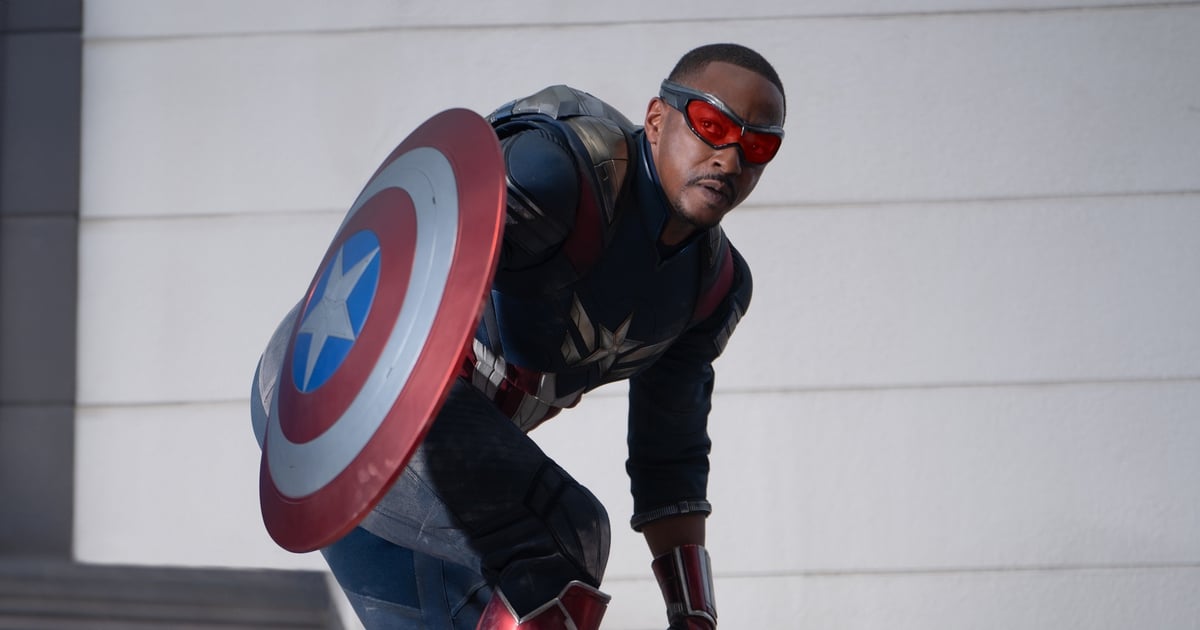

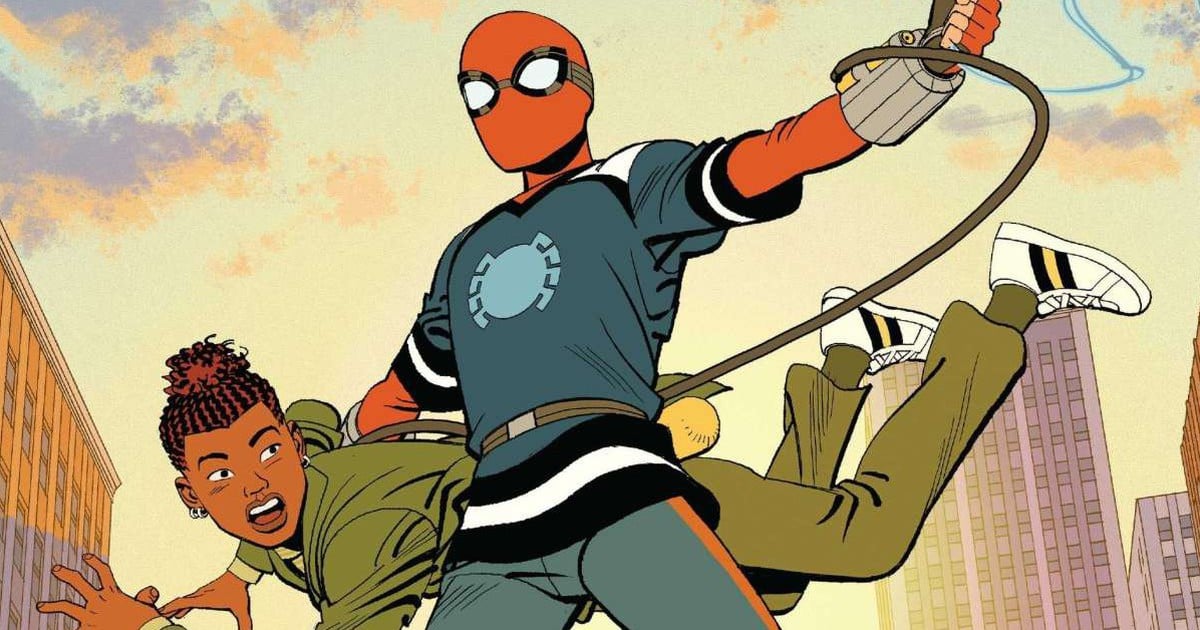
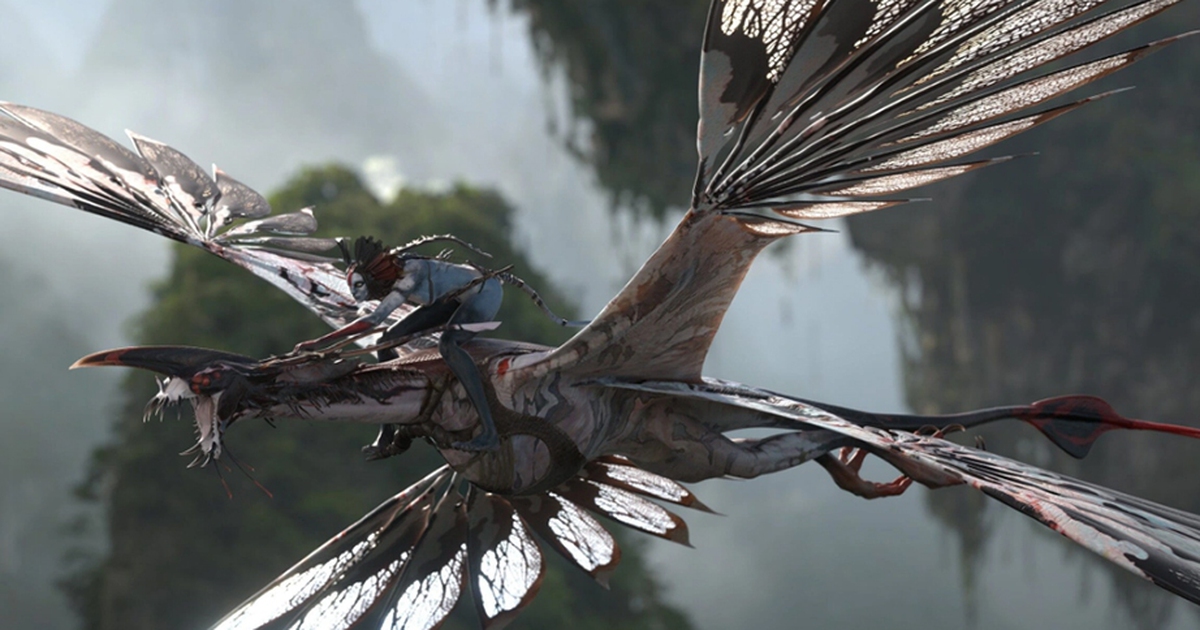
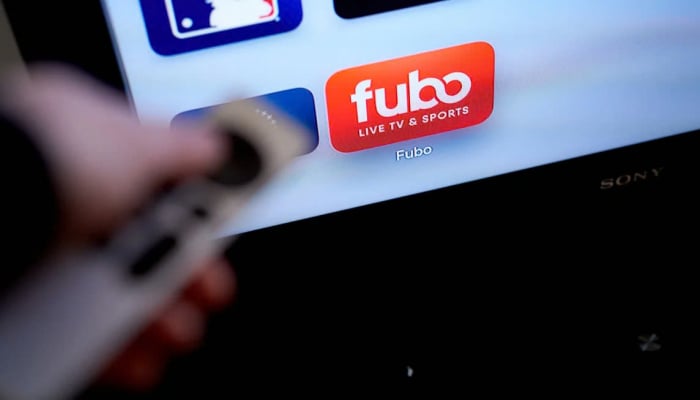

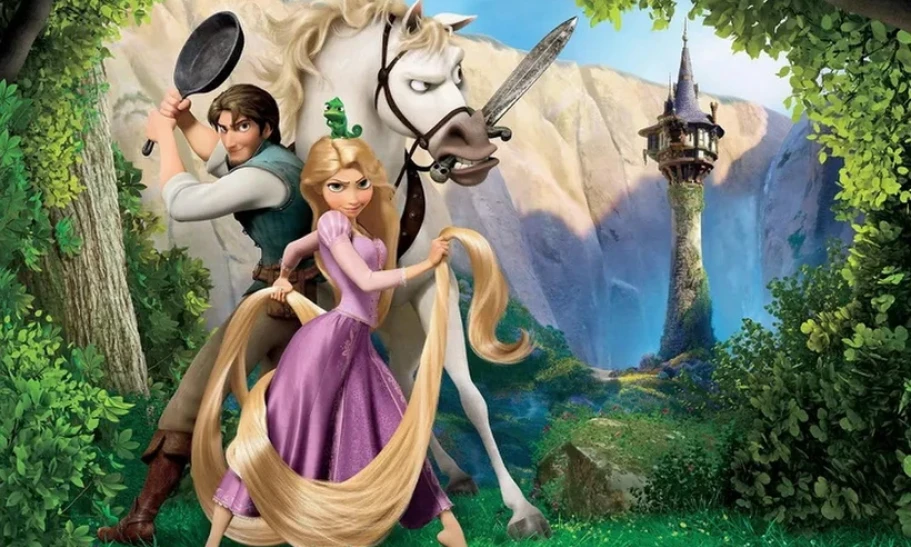
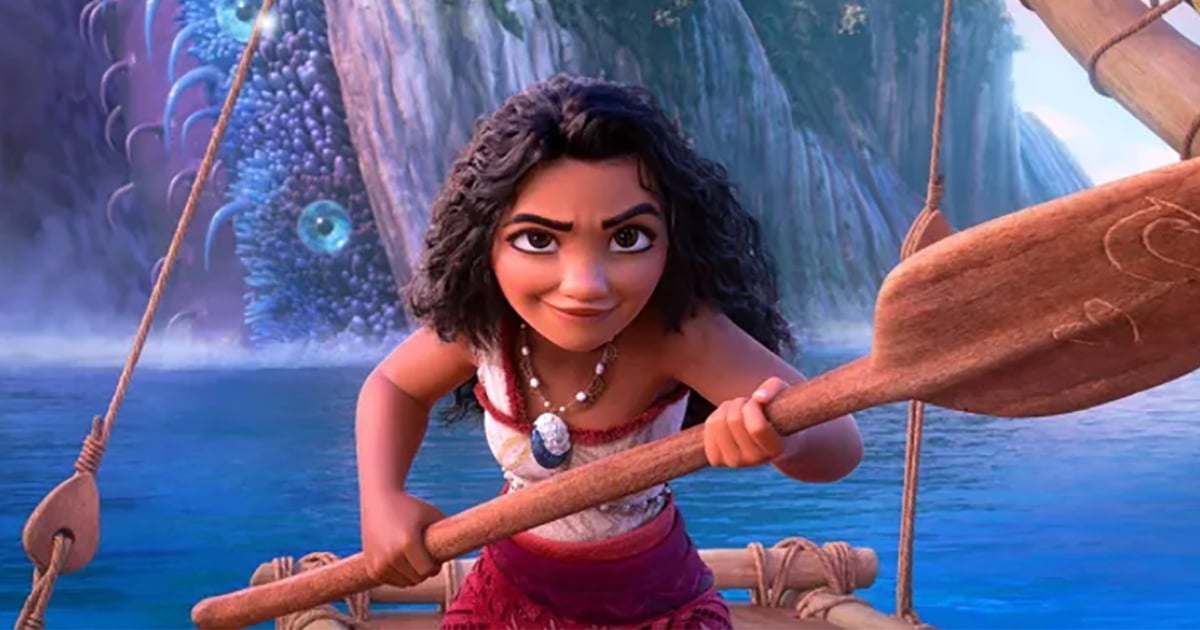
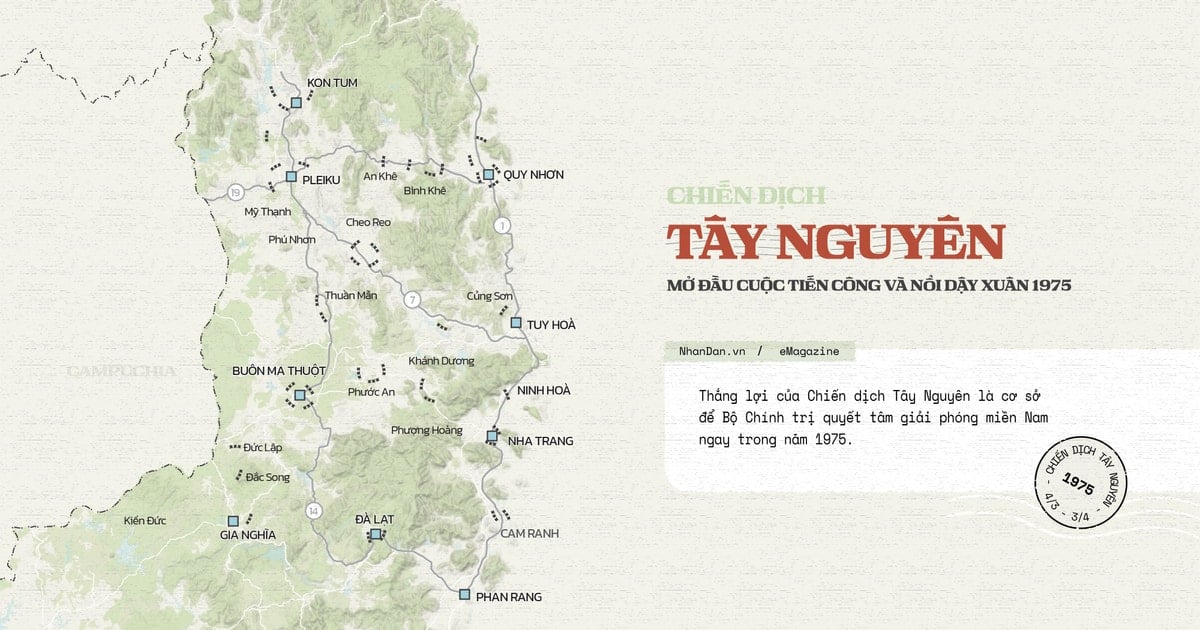












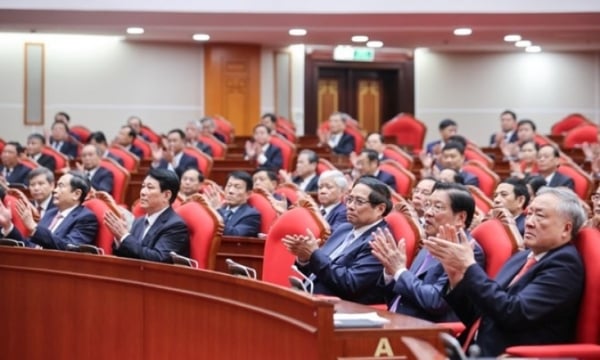



















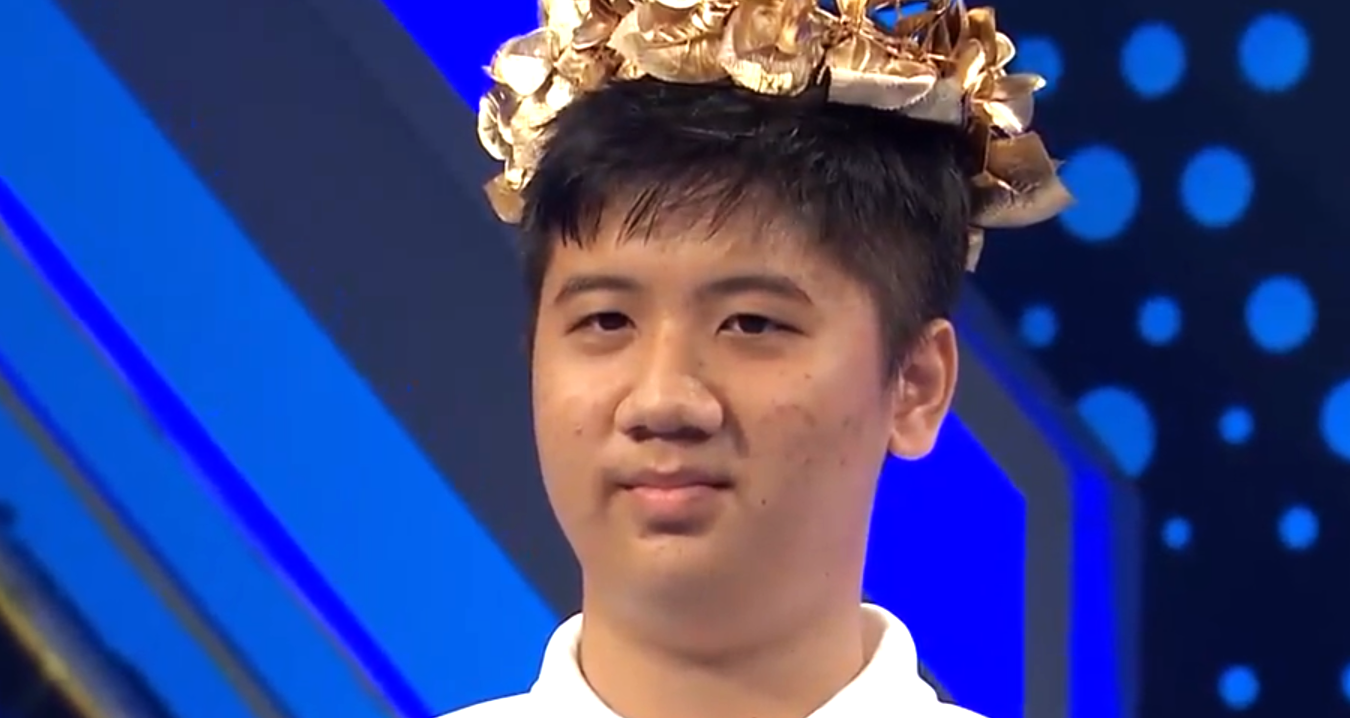




























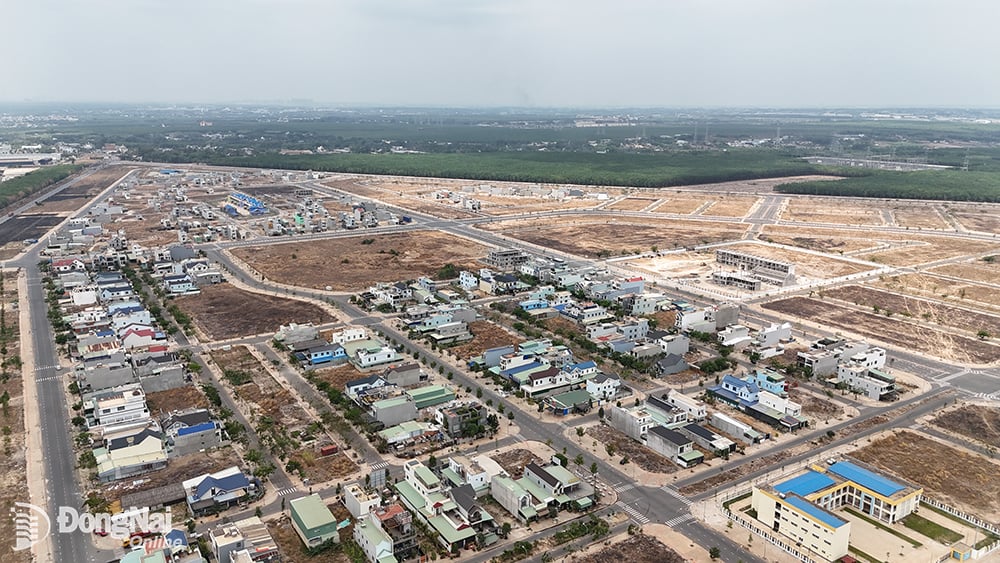













Comment (0)